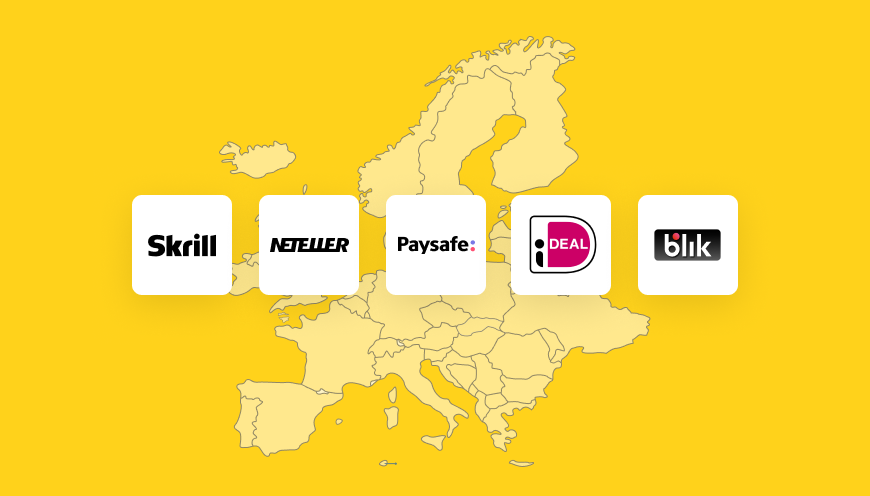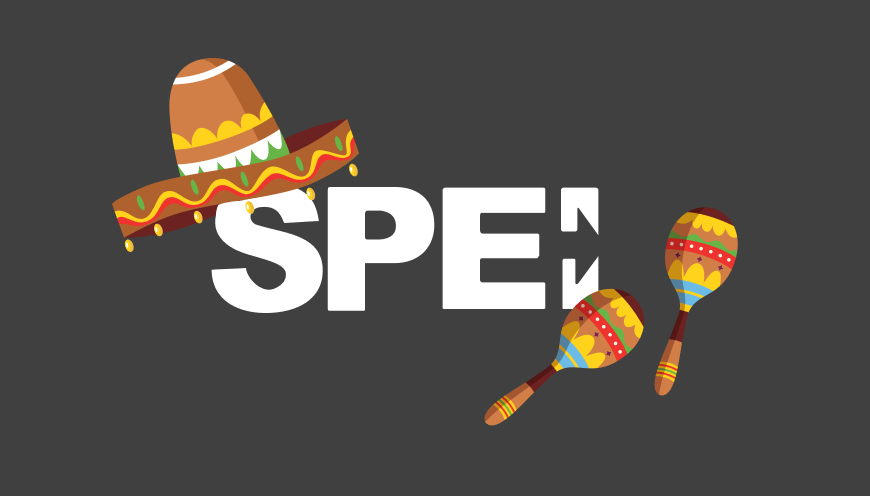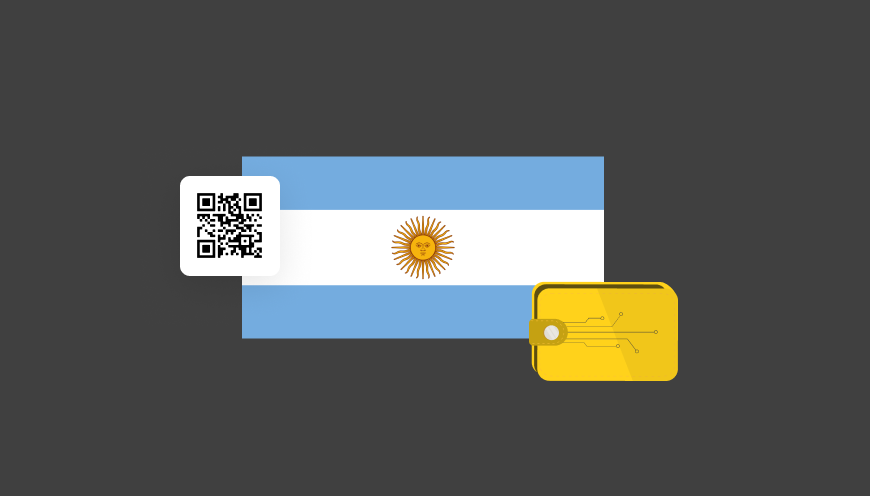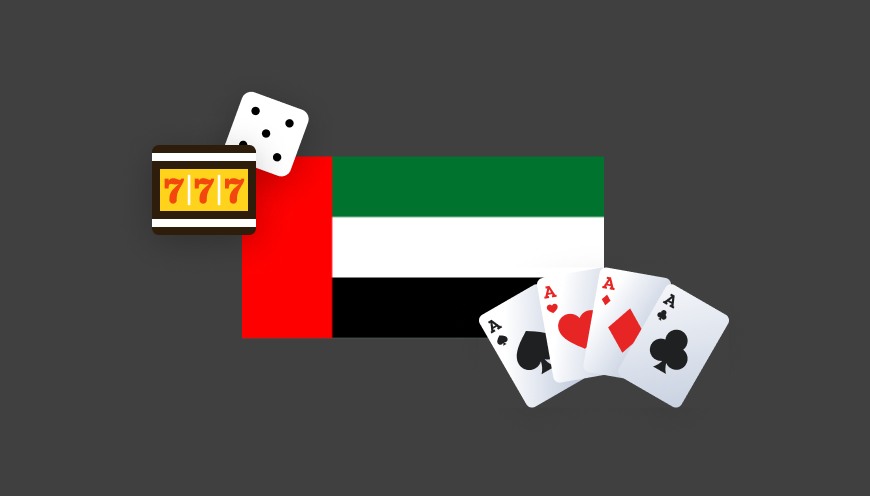Card acquiring remains the backbone of European payment systems. It’s estimated that more than 75% of all online transactions in Europe are processed through acquiring systems, mainly using credit and debit cards. Despite the rise of alternative payment methods, cards are projected to remain dominant due to their widespread use and the adoption of digital wallets like Apple Pay and Google Pay.
By 2024, the European acquiring market is expected to reach €1 trillion in transaction value, reflecting the continued reliance on card payments across e-commerce, gaming, and other industries.
Open Banking: The Next Big Shift
Open Banking is rapidly becoming an attractive alternative for merchants and payment service providers (PSPs). It allows customers to make direct payments from their bank accounts without the need to input card details, offering several significant advantages.
-
1. Lower Processing Fees
Open Banking transactions typically have lower costs compared to card payments. Since Open Banking cuts out intermediaries (like card networks), it reduces the overall processing fees. For businesses, this means increased margins on each transaction. According to research by Open Banking Europe, the reduced reliance on traditional card schemes leads to cost savings of up to 50% on transaction fees.
-
2. Instant Payment Settlements
Unlike card payments, which can take days to process, Open Banking enables real-time payments directly from bank to bank. This instant settlement helps merchants manage their cash flow better, especially in industries like iGaming and e-commerce, where quick access to funds can be crucial.
-
3. Enhanced Security and Reduced Fraud
Open Banking transactions are secured by strong customer authentication (SCA), which adds layers of security, reducing the risk of fraud. Since Open Banking relies on secure APIs and direct bank connections, it eliminates many of the vulnerabilities associated with card fraud, such as stolen card details.
-
4. Improved Customer Experience
By allowing customers to make payments without entering card details or being redirected to third-party services, Open Banking simplifies the payment process. This streamlined user experience can lead to higher conversion rates for merchants, reducing cart abandonment and making the checkout process more intuitive.
Supporting both card acquiring and Open Banking ensures merchants can cater to a broader customer base. While cards will continue to dominate, Open Banking provides cost savings and fraud reduction benefits that shouldn’t be overlooked.
Alternative Payment Methods (APMs) like Skrill, Neteller, and Blik offer secure, fast, and convenient ways for users to make online payments. Skrill and Neteller act as e-wallets where users can fund accounts through various means and pay without sharing card details, enhancing privacy and security. Blik, popular in Poland, enables quick, direct bank payments via mobile, streamlining the checkout process.
These APMs help users avoid traditional card fees, simplify transactions, and increase payment flexibility, making them especially valuable in iGaming and e-commerce sectors.
If you need integration of cards and alternative methods for gambling/betting/forex merchants across Europe, we provide a user-friendly payment experience for first-time (FTD) and second-time deposits (STD).





